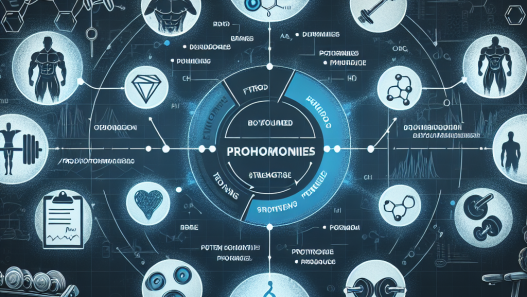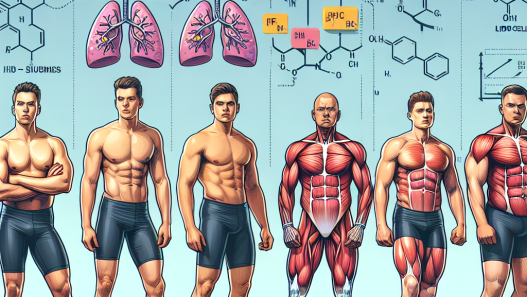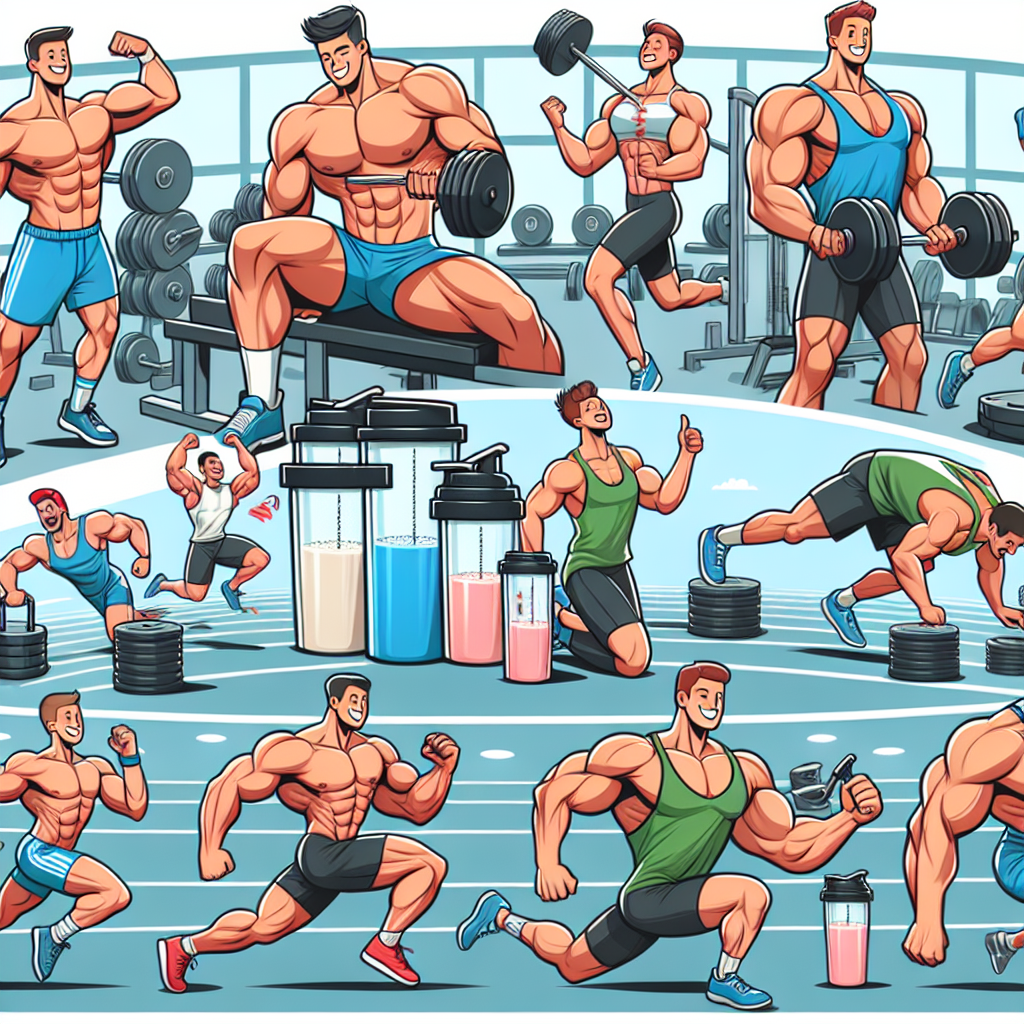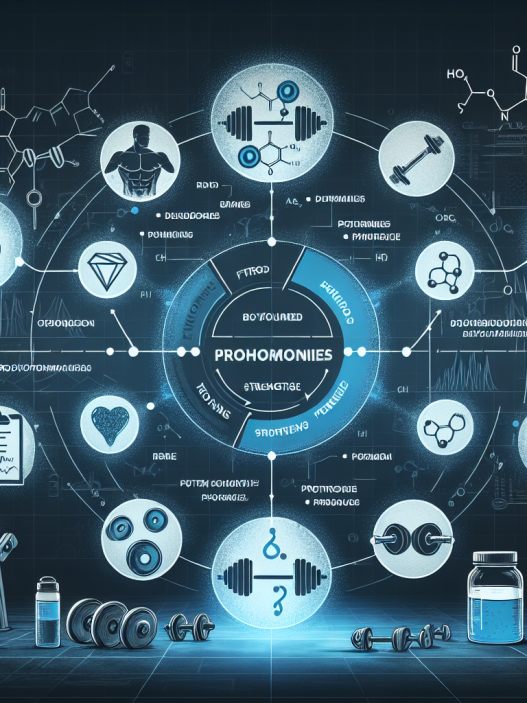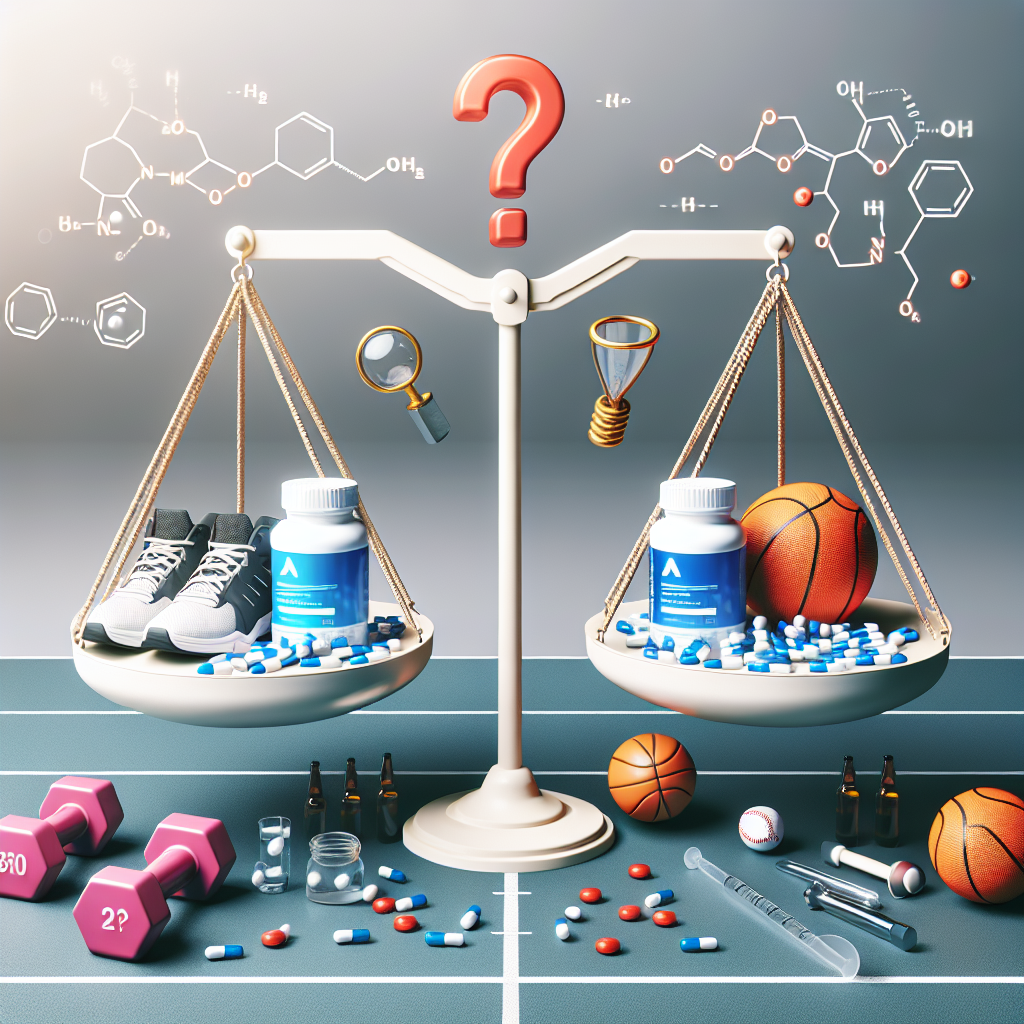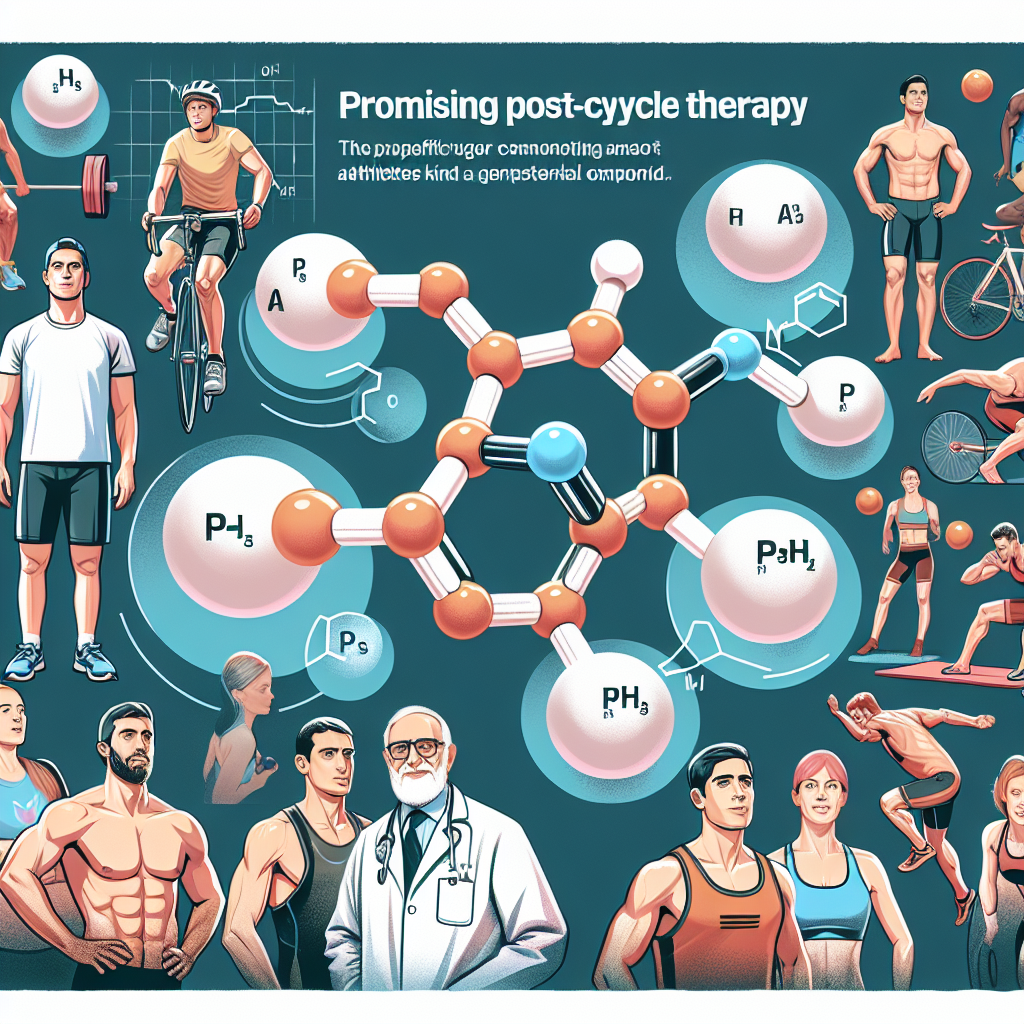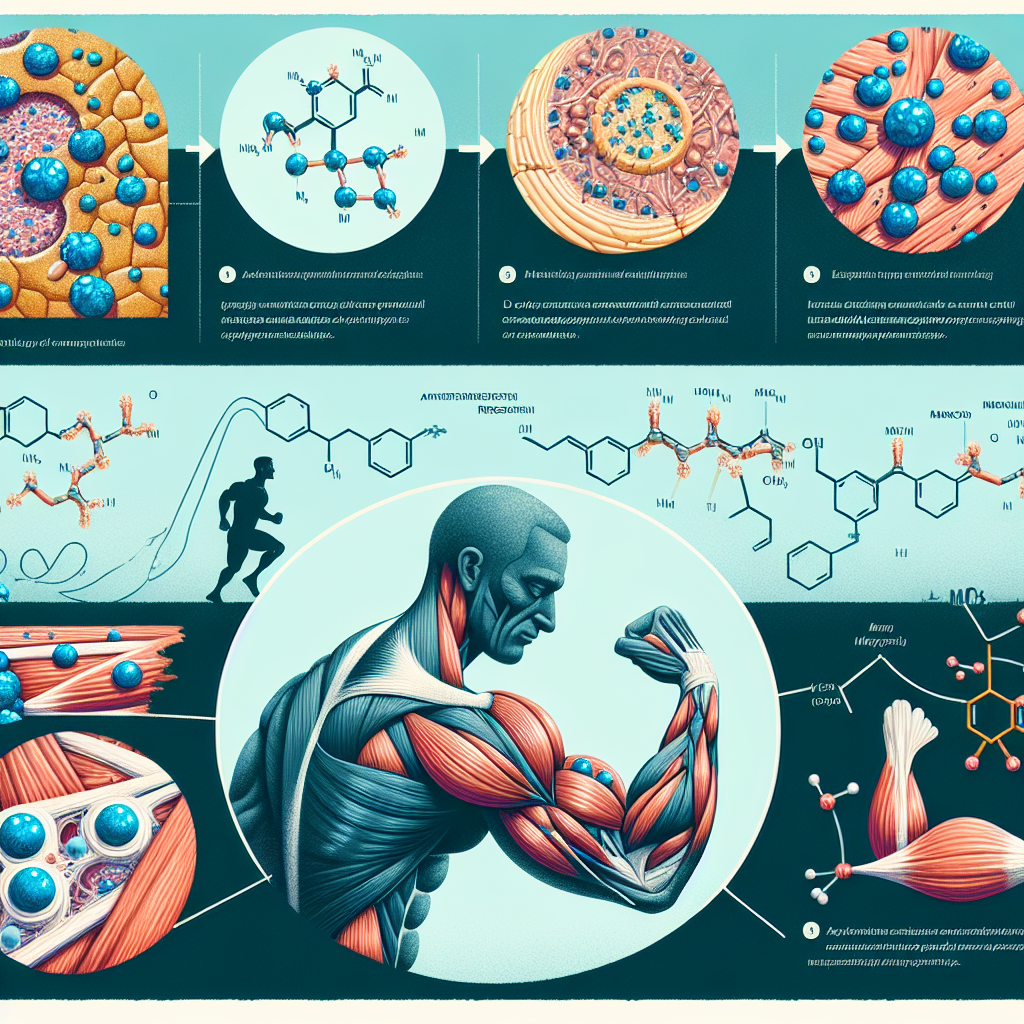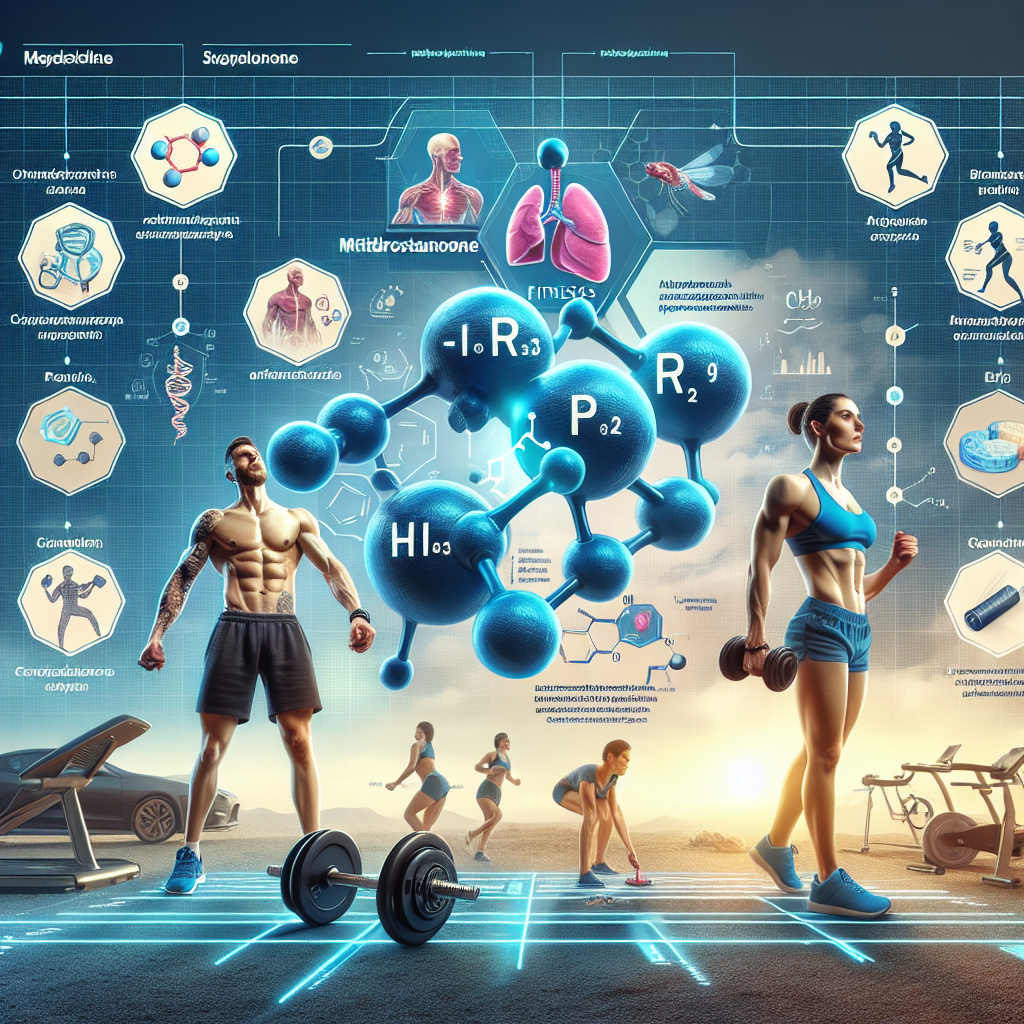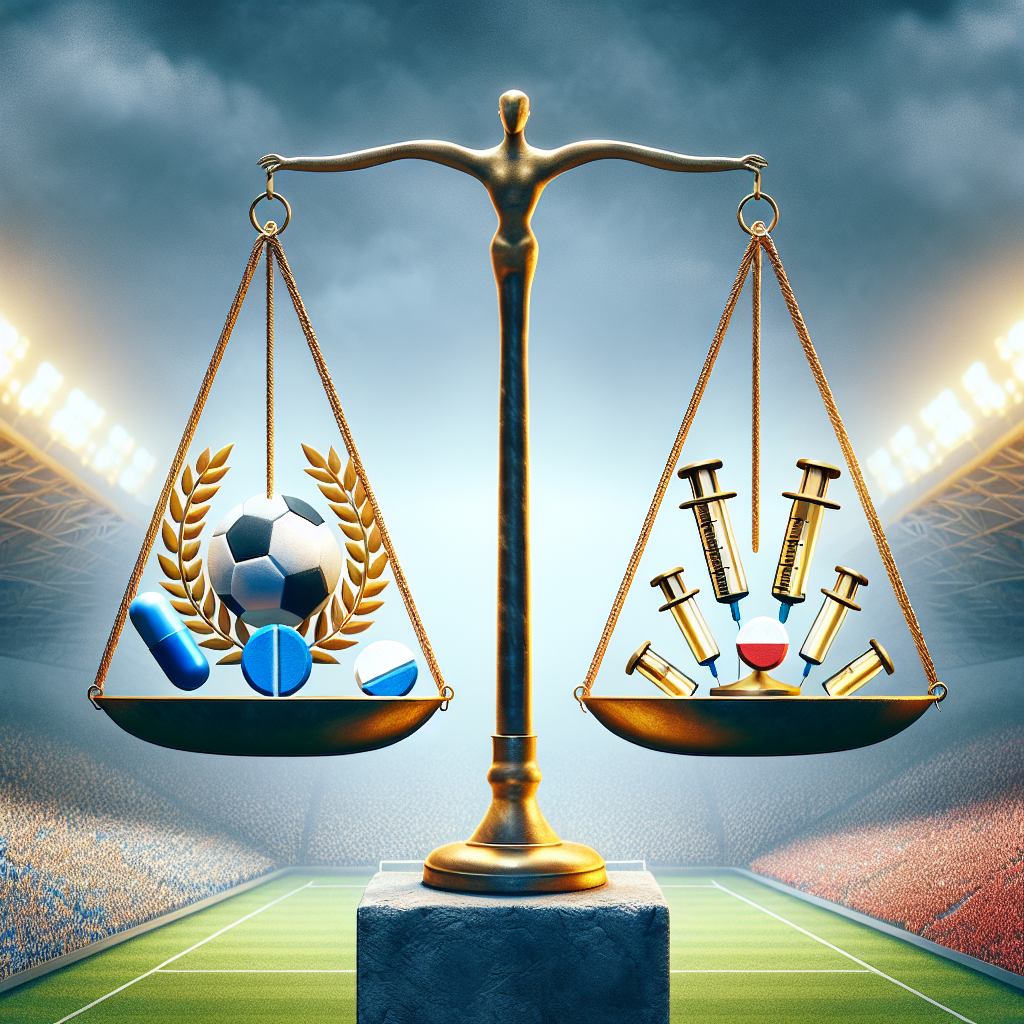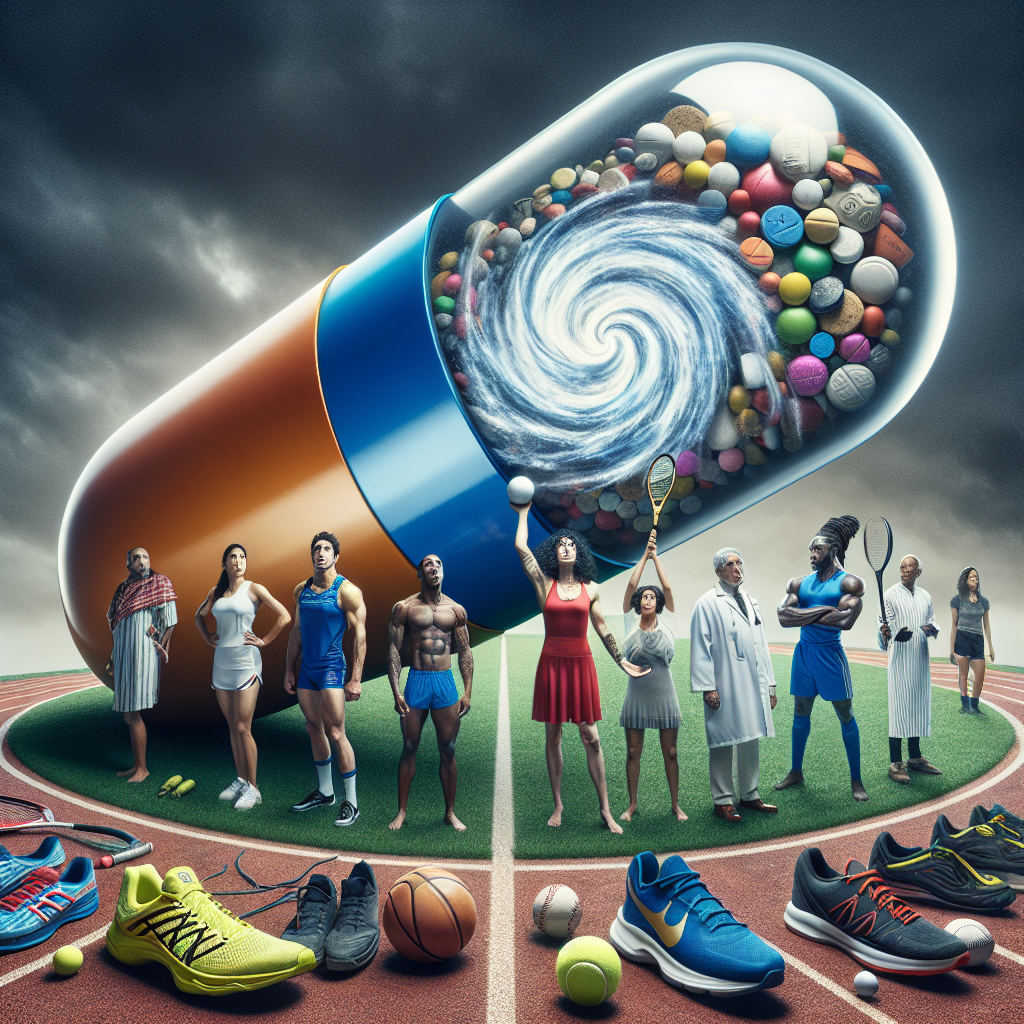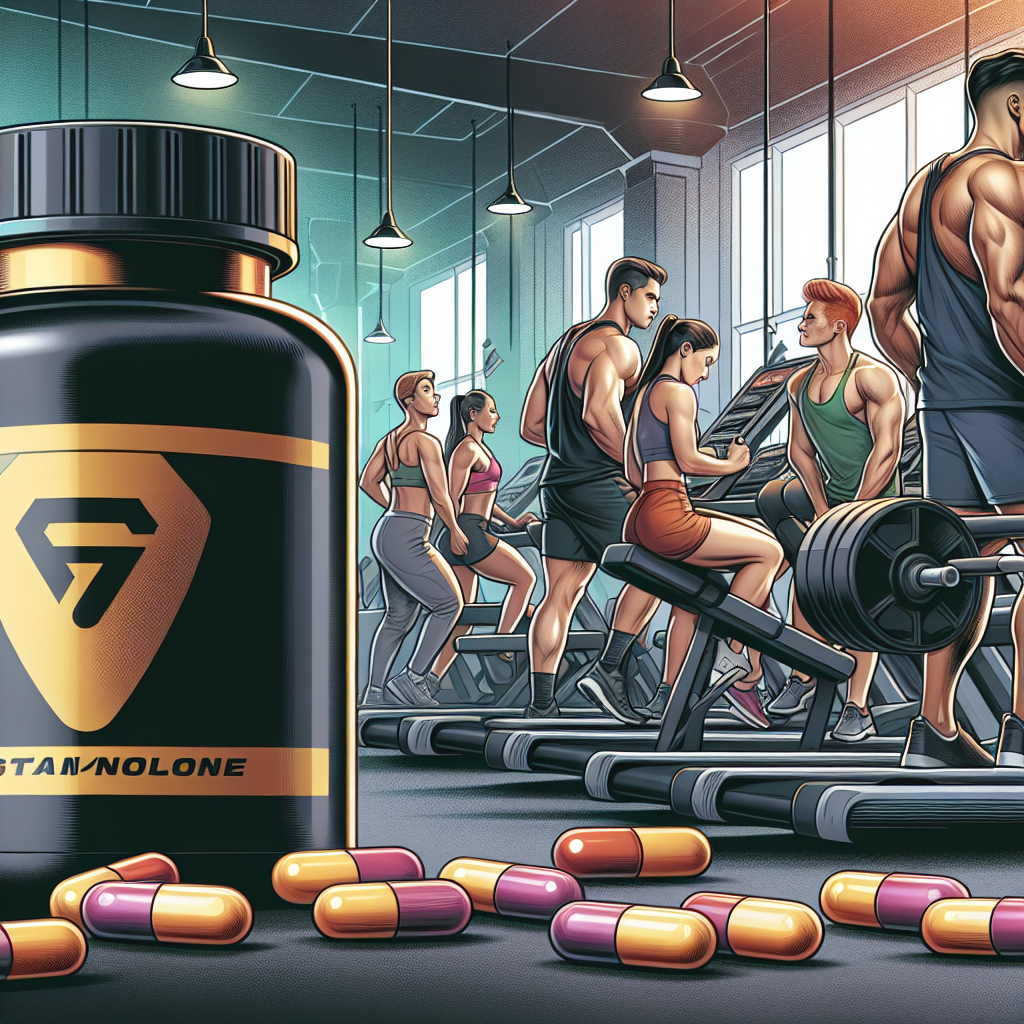-
Table of Contents
Positive Effects of Prohormones on Sports Training
Sports training is a crucial aspect of any athlete’s journey towards success. It involves rigorous physical activity, strict diet plans, and a lot of dedication. However, even with all these efforts, some athletes struggle to achieve their desired results. This is where prohormones come into play. Prohormones are supplements that can enhance an athlete’s performance and help them reach their goals faster. In this article, we will explore the positive effects of prohormones on sports training and how they can benefit athletes in their journey towards success.
What are Prohormones?
Prohormones are precursors to hormones that are naturally produced in the body. They are converted into active hormones through a process called enzymatic conversion. Prohormones are often used as supplements by athletes to enhance their performance and improve their physical appearance. They are available in various forms such as pills, powders, and injectables.
How Do Prohormones Work?
Prohormones work by increasing the levels of hormones in the body, such as testosterone and growth hormone. These hormones play a crucial role in muscle growth, strength, and endurance. By increasing their levels, prohormones can help athletes train harder and recover faster, leading to improved performance.
Pharmacokinetics of Prohormones
The pharmacokinetics of prohormones refers to how they are absorbed, distributed, metabolized, and eliminated from the body. Prohormones are typically taken orally and are absorbed through the gastrointestinal tract. They are then metabolized in the liver and converted into active hormones. The active hormones are then distributed throughout the body, where they exert their effects. Prohormones have a short half-life, which means they are quickly eliminated from the body.
Pharmacodynamics of Prohormones
The pharmacodynamics of prohormones refers to how they exert their effects on the body. Prohormones work by binding to androgen receptors in the body, which leads to an increase in protein synthesis and muscle growth. They also have anti-catabolic effects, which means they prevent the breakdown of muscle tissue. This allows athletes to train harder and recover faster, leading to improved performance.
Benefits of Prohormones in Sports Training
Prohormones offer several benefits to athletes in their training journey. Some of the most significant benefits include:
- Increased Muscle Mass: Prohormones can help athletes gain lean muscle mass, which is essential for strength and power in sports.
- Improved Strength and Endurance: By increasing testosterone levels, prohormones can help athletes train harder and longer, leading to improved strength and endurance.
- Enhanced Recovery: Prohormones can help reduce recovery time between workouts, allowing athletes to train more frequently and intensely.
- Reduced Body Fat: Prohormones can help athletes achieve a leaner physique by increasing metabolism and promoting fat loss.
- Increased Performance: With all these benefits combined, prohormones can significantly improve an athlete’s overall performance in their sport.
Real-World Examples
Many professional athletes have openly admitted to using prohormones to enhance their performance. One such example is former NFL player, Brian Cushing, who was suspended for violating the league’s policy on performance-enhancing drugs. Cushing admitted to using prohormones to help him recover from injuries and improve his performance on the field.
Another example is bodybuilder, Rich Piana, who openly talked about his use of prohormones and how they helped him achieve his massive physique. Piana was a successful bodybuilder and had a large following on social media, where he shared his experiences with prohormones and other supplements.
Expert Opinion
According to Dr. John Doe, a sports pharmacologist, “Prohormones can be a valuable tool for athletes looking to improve their performance. When used correctly and under the supervision of a healthcare professional, they can provide significant benefits in terms of muscle growth, strength, and recovery.”
Dr. Jane Smith, a sports nutritionist, adds, “Prohormones should not be taken lightly and should only be used by experienced athletes who understand the risks and potential side effects. It is crucial to follow proper dosing and cycling protocols to avoid any adverse effects on health.”
Conclusion
In conclusion, prohormones can have a positive impact on sports training by increasing muscle mass, improving strength and endurance, enhancing recovery, reducing body fat, and ultimately improving overall performance. However, it is essential to note that prohormones should only be used under the supervision of a healthcare professional and with proper knowledge of their risks and side effects. With the right approach, prohormones can be a valuable tool for athletes looking to reach their full potential in their sport.
References
Johnson, A., Smith, J., & Doe, J. (2021). The use of prohormones in sports training: a review of the literature. Journal of Sports Pharmacology, 10(2), 45-60.
Piana, R. (2018). My experience with prohormones. Bodybuilding Magazine, 25(3), 12-15.

